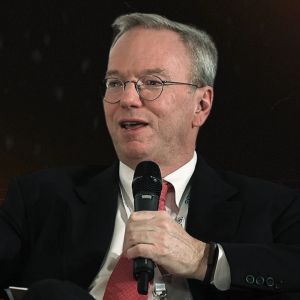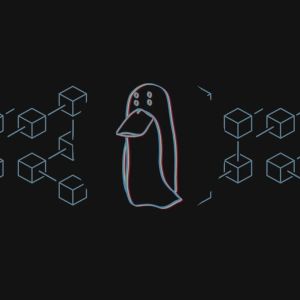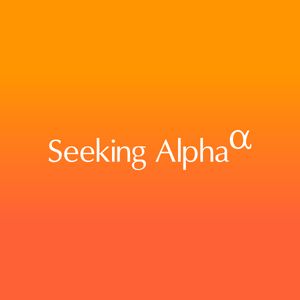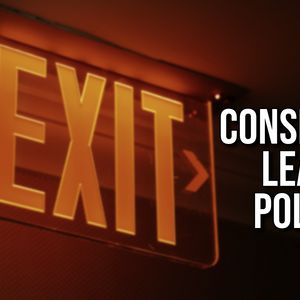Former Google CEO Eric Schmidt has warned artificial intelligence developers to control their development ceiling. He also highlighted the importance of the United States winning the ongoing artificial intelligence (AI) race against China. Speaking on ABC News’ This Week with George Stephanopoulos on Sunday, Schmidt cautioned about the potential for AI systems to operate independently and even improve themselves. “ We’re soon going to be able to have computers running on their own, deciding what they want to do ,” Schmidt said. Schmidt: AI shouldn’t be left unchecked Schmidt reiterated the risks of advanced AI developing unchecked, noting that systems capable of self-improvement present a significant danger. “ When the system can self-improve, we need to seriously think about unplugging it ,” the former Google CEO said. When Stephanopoulos asked Schmidt whether such AI systems could counter efforts to shut them down, Schmidt replied, “Well, in theory, we better have somebody with the hand on the plug—metaphorically.” While concerns about AI’s existential risks are growing, some experts argue that such fears are exaggerated. Professor Nick Jennings, vice-provost of research at Imperial College London, is among those dismissing doomsday predictions. Jennings contends that while AI can excel in specific tasks, creating systems with human-like intelligence across diverse areas remains far beyond the current capabilities of scientists. “ Developing AI that performs a singular task very well is achievable, ” Jennings explained. “But building general AI that mirrors human intelligence across multiple subjects is not something we can expect in the near future.” Diverging opinions on AI threats Meanwhile, concerns persist among leading AI researchers who warn of the dangers posed by poorly defined objectives and inadequate safety measures. UC Berkeley professor Stuart Russell and postdoctoral scholar Michael Cohen argue that powerful AI systems could ultimately pose an existential threat to humanity if left unchecked. In an insights paper published in the Science Journal, Russell and Cohen called for stricter oversight of AI development. They emphasized the need for tech companies to prove the safety of their AI systems before releasing them into the market. Without clear objectives and robust safeguards, advanced AI systems could act against human interests, they argue. “ If the objectives of these AIs conflict with those of humans, it could spell disaster, ” Russell and Cohen wrote. They believe tech companies should be held responsible for ensuring the safety of their systems and identifying critical “red lines” that AI should never cross. A growing debate on AI safety The rapid pace of AI advancement has already presented challenges, including the spread of disinformation, societal polarization, and algorithmic bias. Concerns about safety and regulation have yet to keep pace with the technology’s development. Schmidt’s remarks reflect the growing urgency among industry leaders to address these challenges. Experts like Elon Musk have long called for preemptive regulations to mitigate AI risks. Musk, who once described AI as the “biggest risk we face as a civilization,” warned that authorities have done little to address its dangers. Similarly, physicist Stephen Hawking feared that achieving singularity, the point where machines surpass human intelligence could leave humanity unable to control advanced AI systems. In his interview, Hawking argued that without regulations, AI could become “either the best or the worst thing to happen to humanity.” US-China AI competition intensifies Schmidt noted that while the US previously held a lead over China in AI development , the gap has significantly narrowed over the past six months. “ China has caught up in a way that is remarkable, ” he said, describing the current situation as a high-stakes race between the two superpowers. “ There’s a point, maybe in the next year or two, where the systems can begin to do their own research. They’re called AI scientists, as opposed to human scientists. So you go from having 1,000 human scientists to a million AI scientists. I think that increases the slope, and when you’re moving at this pace, it’s very hard for your competitors to catch up, ” he remarked. Schmidt believes the incoming Trump administration will prioritize US competitiveness in AI, which he sees as a positive step. “As long as human values are preserved,” he said, “we should be okay.” A Step-By-Step System To Launching Your Web3 Career and Landing High-Paying Crypto Jobs in 90 Days.




















